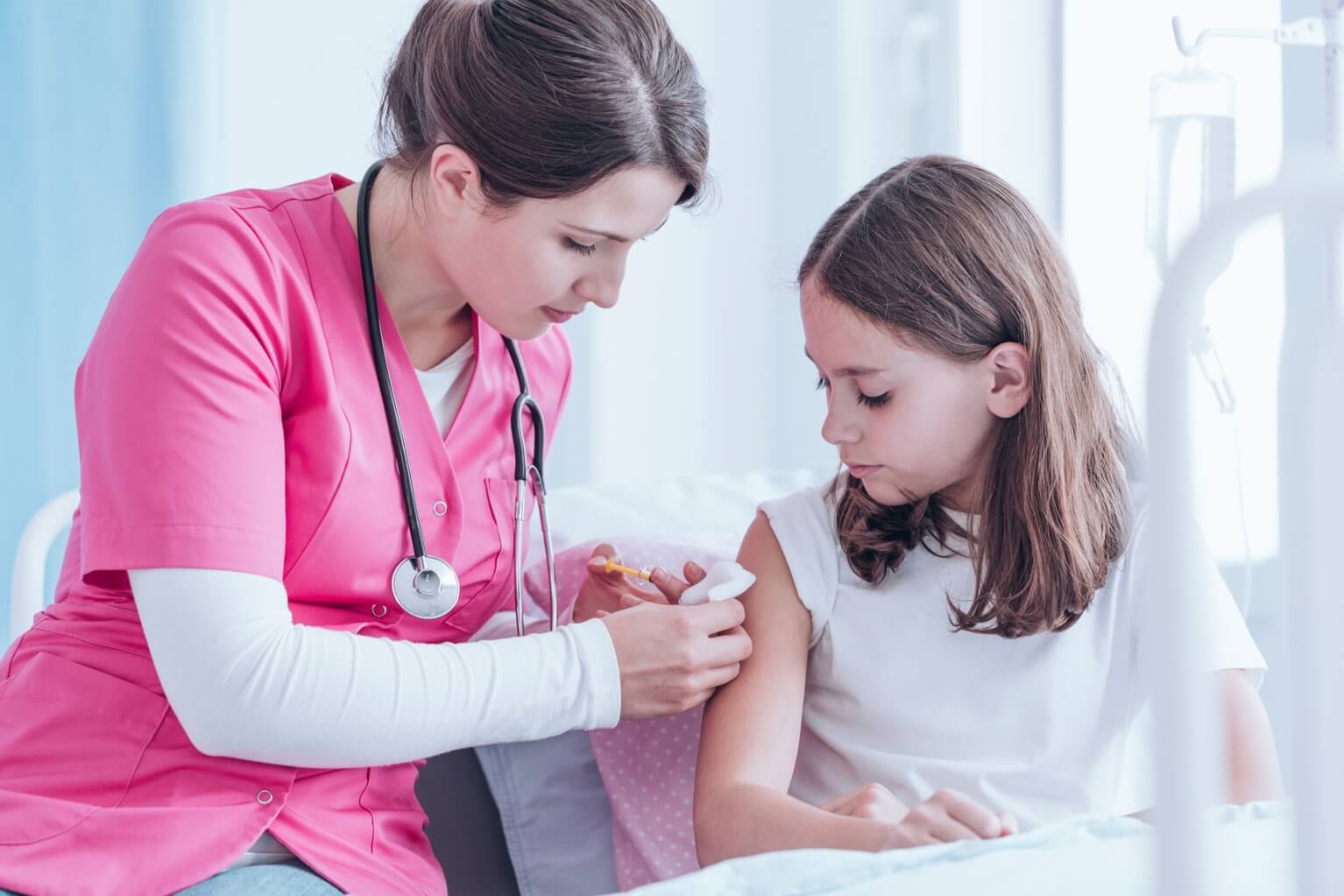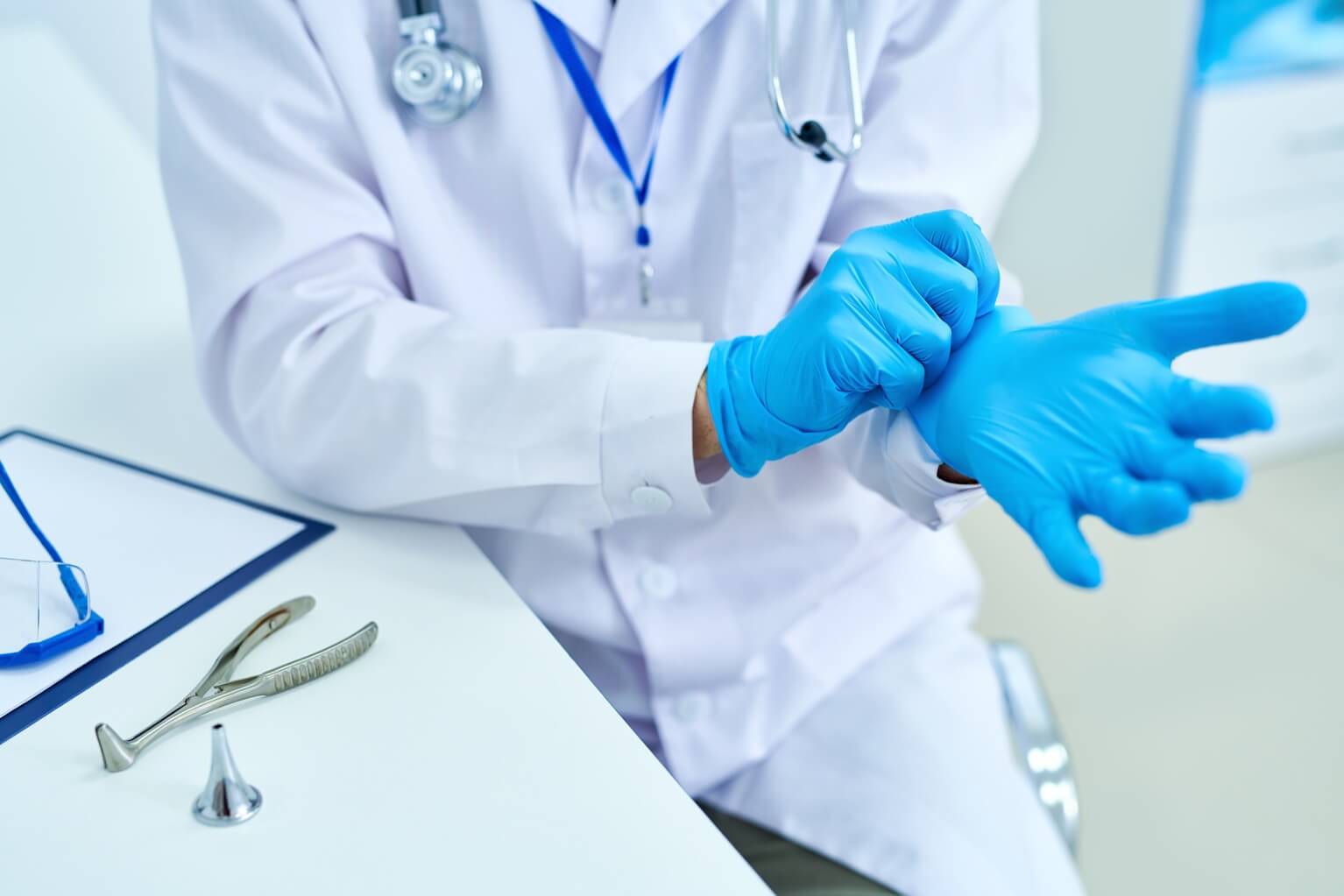Genital Warts
Genital warts are a common sexually transmitted infection, caused by the Human Papilloma Virus (HPV). There are over 100 different types of HPV, not all causing genital warts. Four out of five people will have at least one type of HPV at some point in their lives.
It usually causes no symptoms and goes away by itself. It can sometimes cause genital skin lesions, known as warts, but more importantly, there are other high-risk HPV types that can cause anogenital cancers. There is no cure for genital HPV but genital warts can be treated by doctors in Sexual Health North, Joondalup.
Genital Warts | Walk-in Sexual Health Clinic Perth
What are genital warts / HPV?
Although there are lots of different types of HPV, genital warts are most often caused by HPV 6 and HPV 11. They are low-risk and rarely cause cancer.
STI Testing | Walk-in Sexual Health Clinic Perth
Genital warts symptoms & complications of not testing and treating
Genital warts usually present as small painless lumps that can grow with time. They can cluster and clump together. Warts can appear in any part of the female or male anogenital area. Sometimes to the untrained eye, they might look like part of the genitals or just any other lumps and bumps.
Symptoms can include:
- itching,
- irritation,
- change in the flow of your pee( for example split in the stream) that doesn’t go away
- bleeding
Sometimes genital warts can bleed after having sex. There are generally few complications with not treating genital warts.
However, they can:
- be unsightly, and spread locally increasing the area of anogenital skin covered by warts
- cause discomfort
- be easily passed on to your sexual partner
- take years to resolve
- very occasionally, warts can be associated with skin cancers
It is important to get lumps, which you think might be warts, checked out to confirm that they are warts and not another type of skin condition.

STI Testing | Walk-in Sexual Health Clinic Perth
How common are genital warts and who should get tested?
Genital warts are common. They are less common if you have had the HPV vaccine. Anyone who has had any kind of sexual activity involving genital contact could get genital HPV.
Up to 80% of people will be infected with at least one type of HPV at some time in their lives. For the HPV type that causes genital warts, there is no test to routinely screen for infections. However, the national cervical screening program for women does screen for high-risk HPV associated with cervical cancer.
STI Testing | Walk-in Sexual Health Clinic Perth
How do we test you for genital warts?
Genital warts testing is usually done by examining the affected area which includes looking at the urethral opening (where the pee comes out), genital and anal area. Occasionally if the wart looks unusual or it is not responding to treatment a biopsy may be recommended.
If you have anal sex and suspect you may have anal warts, your specialist will perform a proctoscopy to examine the anal cavity. Warts in the anal cavity may require surgical removal.

Genital warts treatment | Walk-in Sexual Health Clinic Perth
We can offer treatments and prevention advice
Genital wart treatment will depend on the severity. Generally, our STI specialists offer topical treatments such as cream or cryotherapy, which freezes the warts. If you have warts across a large area of your genitals, surgical removal under general anesthetic may be recommended.
Your sexual health specialist will discuss how best to treat your warts. It’s advisable to practice safe sex by using condoms. However, these aren’t 100% effective. The best approach is to avoid sex with partners who have the visible appearance of warts.
Sexual Health Clinic for Perth metro area
Sexual health clinic Joondalup
At Sexual Health North, we are experts in testing, diagnosing, counselling/providing advice for and treating STIs including genital warts.
We provide all of these services in one place, reducing hassle.
Check out our videos
Useful links
Send us an email
Get in Touch
3/5 Regent's Park Road,
Joondalup 6027
Opening hours
Monday : 8.30 am - 1.00 pm
Tuesday : Closed
Wednesday : 9.00 am - 7.00 pm
Thursday : Closed
Friday : 9.00 am - 7.00 pm
Saturday : 9.00 am - 5.00 pm
Sunday : Closed
